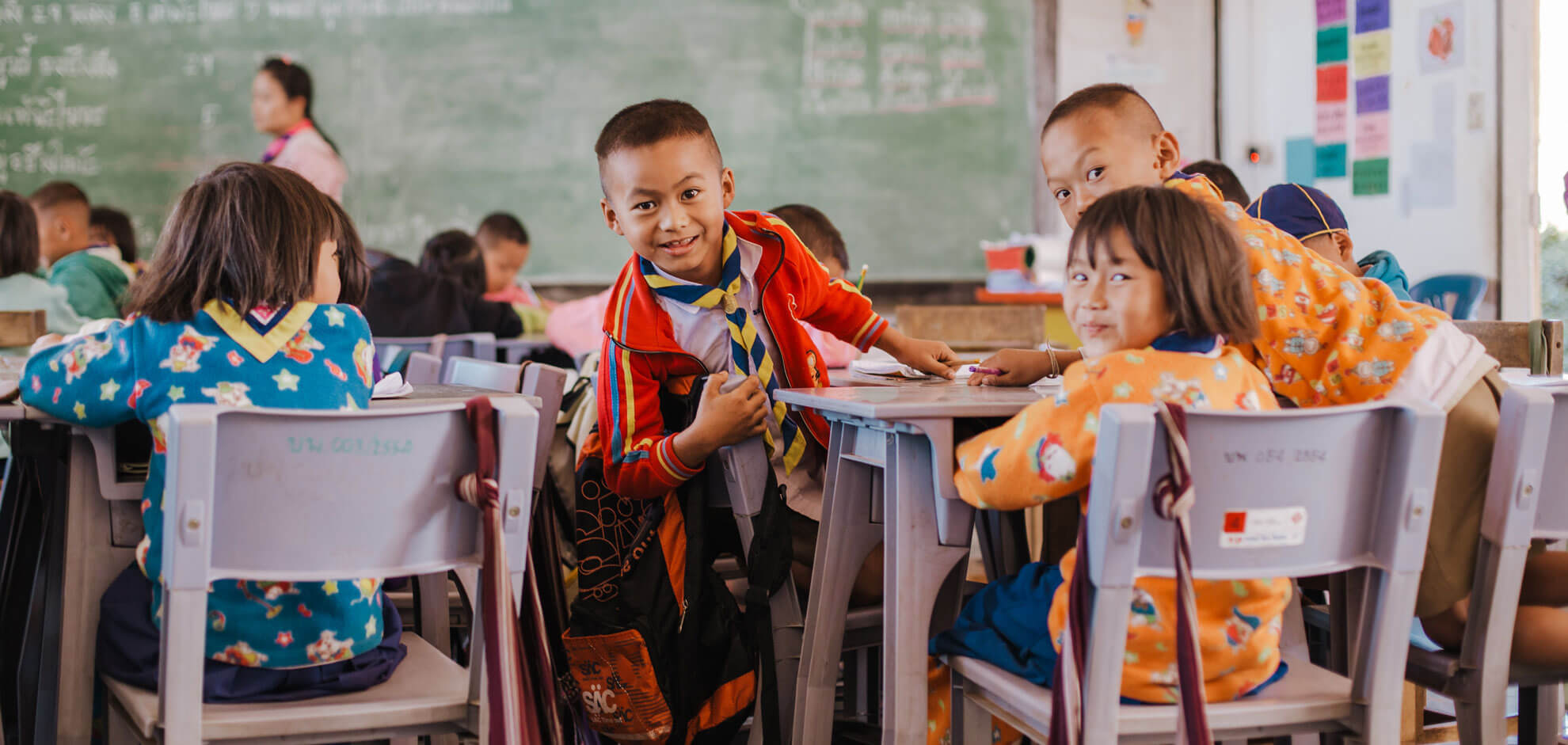

Mindfulness has become a popular concept in the past decade – and for good reason! With over 40 years of research, mindfulness has proven benefits, including reduced stress, increased performance, and improved immune function.
With all the buzz about mindfulness, many school communities and centers are looking to utilize daily mindfulness practice to support the mental health and well-being of students, teachers, and staff - and Mindfulness-Based Social Emotional Learning (MBSEL) programs offer the perfect solution.
We put together the basics you need to know about MBSEL, plus resources to help you integrate MBSEL into your community.
An Overview of Mindfulness-Based Social Emotional Learning
Mindfulness-Based Social Emotional Learning (MBSEL) is a new approach that builds on the framework of Social Emotional Learning (SEL), with an emphasis on daily mindfulness practice as the foundation.
MBSEL programs utilize 5-10 minutes of daily, audio-guided mindfulness practice; during each practice, students and adults are taught skills such as self-awareness and emotional regulation. Additionally, they learn various breathing techniques, plus how to notice and possibly reduce tension in the body to help regulate the emerging emotions they are reflecting on.
In this way, MBSEL teaches traditional SEL skills, with the added benefit of targeting and attenuating the body’s natural stress response.
Mindfulness-Based Social Emotional Learning in Education
MBSEL in education is becoming increasingly more important. Over 40% of children are exposed to adverse childhood experiences (ACEs) – resulting in chronic stress, trauma, and unresolved difficult emotions.
These mental challenges interfere with a child’s readiness to learn by making it incredibly difficult to focus in school. An inability to learn results in low academic achievement – perpetuating the achievement gap and potentially decreasing a child’s future opportunities.
Through MBSEL, children learn skills that help them cope with difficult emotions that arise as a result of challenging circumstances.
"Our team, our students, and their families are experiencing a lot of trauma. The best way to help is to ensure people feel safe, acknowledged, and heard. Mindfulness-Based Social Emotional Learning teaches us skills we can use to make that happen,” shares School Principal Ben Suro.
Additionally, MBSEL is a proven system to improve outcomes both in the classroom and in life. An independent study of our MBSEL program demonstrated that daily mindfulness practice resulted in:
The Importance of Daily Practice
The good news is, you can experience the benefits of MBSEL in 5-10 minutes a day. However, creating a consistent daily practice is the key to seeing results. We recognize this can be a challenge, so we put together a few tips for establishing a daily mindfulness practice:
Get Started with Mindfulness-Based Social Emotional Learning
Ready to give MBSEL a try? Here are a few sample practices, plus resources to learn more.
Practices:
More about MBSEL: